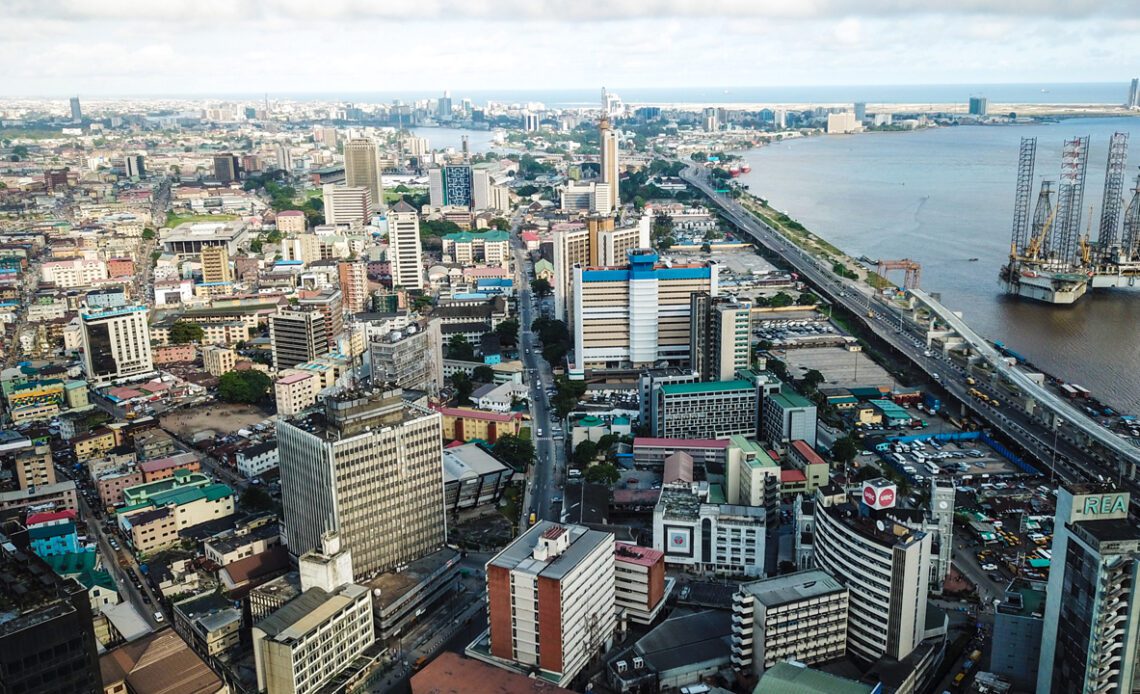According to the International Monetary Fund (IMF)’s mission concluding statement, Nigeria’s rising inflation rate as well as the continuing shortage of foreign currency are fueling the naira devaluation speculations. To achieve a unified naira exchange rate, the global lender said Nigeria needs to dismantle “the various exchange rate windows at the CBN [Central Bank of Nigeria]”
The Widening Gap Between the Official and Parallel Market Exchange Rate
The International Monetary Fund (IMF) has said Nigeria’s foreign currency shortages, the rising inflation, and the country’s limited debt servicing capacity are fueling naira devaluation speculations. This, in turn, hinders the “much-needed capital inflows, encourages outflows and constraints private-sector investment.”
In the global lender’s staff concluding statement of the 2022 Article IV Mission, the IMF reiterated its call on Nigerian financial authorities to consider moving “towards a unified and market-clearing exchange rate.” To achieve this, the IMF said Nov. 18 statement that the Central Bank of Nigeria (CBN) needs to abandon the multiple exchange rate system.
As has been reported by Bitcoin.com News, Nigeria officially pegs its currency at just under 450 nairas for every dollar. However, in practice, many Nigerian businesses and individuals can only source the greenback and other global currencies on the parallel market where the rates recently touched an all-time low of N900:$1.
Further, the IMF’s concluding statement suggested that the CBN’s influence or control of foreign exchange markets needs to be curtailed.
“In the medium term, the CBN should step back from its role as main FX intermediator, limiting interventions to smoothing market volatility and allowing banks to freely determine FX buy-sell rates,” the IMF statement explained.
Nigeria Falling Short of Its Financial Inclusion Targets
Despite expressing its concerns about Nigeria’s exchange rate policy, the global lender’s concluding statement still lauds the CBN for tightening liquidity and curbing “inflationary pressures through increasing the monetary policy rate (MPR) by a cumulative 400 basis points.” A tighter monetary policy is often adopted by central banks when prices are rising too fast or when an economy is growing quickly.
However, in the statement, the IMF mission insisted that overall conditions remain accommodative — Nigeria’s monetary policy rate (MPR) of 15.5% is below…
Click Here to Read the Full Original Article at Bitcoin News…
























